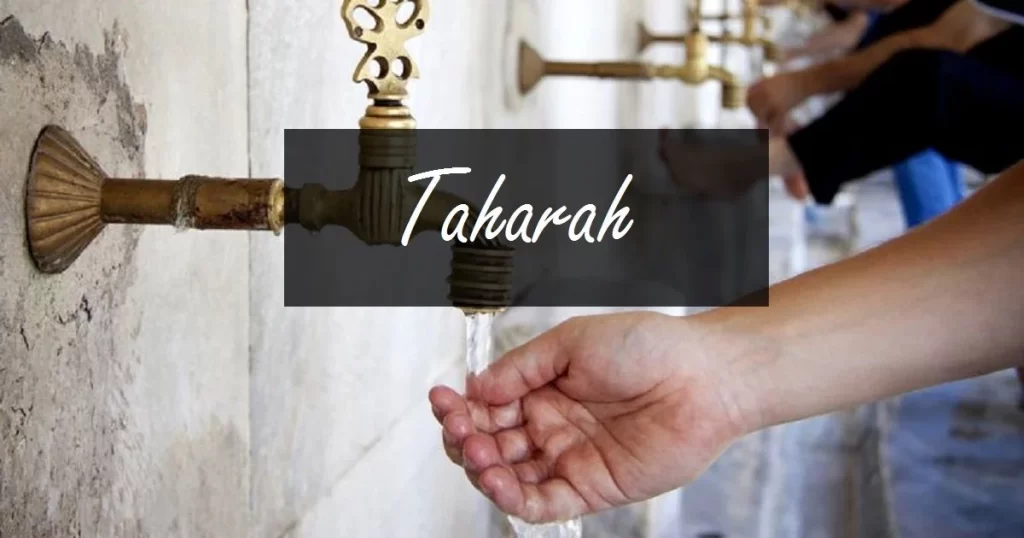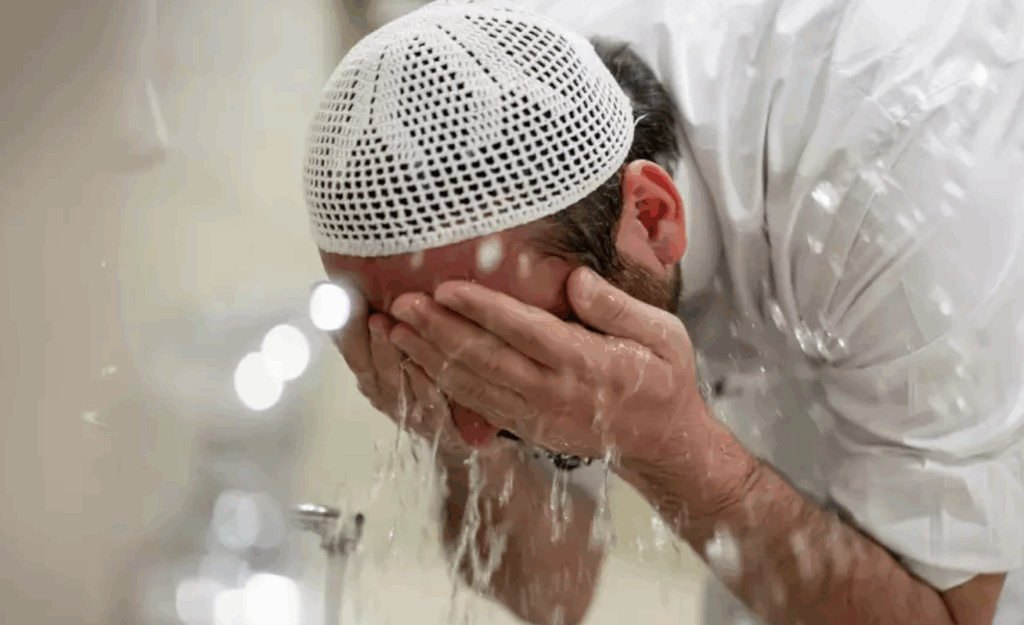Purification, or Tahara, is a fundamental concept in Islam deeply rooted in the faith’s spiritual and practical aspects. The Islamic rules of purification govern how Muslims maintain cleanliness both physically and spiritually to perform acts of worship properly. This article explores the main principles of purification in Islam, including the various types of tahara, detailed guidelines for wudu and ghusl, the significance of purity in Islamic fiqh, the broader concept of cleanliness in Islam, and practical Islamic parenting tips to instill these values.
Islamic Rules Of Purification
Purification in Islam is not merely about physical cleanliness but extends to spiritual purity as well. Muslims believe that to establish a strong connection with Allah, one must be pure in body and soul. This purity is essential for acts such as prayer (Salah in islam), reading the Quran, and other religious obligations. The concept of Tahara, or purification, encompasses rules and practices derived from the Quran and Sunnah, guiding Muslims on maintaining both personal hygiene and ritual cleanliness.
Types of Tahara in Islam

There are various types of tahara (purification) in Islam distinguished by their nature, purpose, and level of necessary cleanliness:
-
Tahara al-Asliya (Natural Purity): This refers to the original state of purity Allah created humans in. It covers the absence of impurities on the body or clothing.
-
Tahara al-Wajibah (Compulsory Purity): Necessary to perform certain acts of worship such as prayer or handling the Quran. This includes performing Wudu (ablution) or Ghusl (full body wash).
-
Tahara al-Hadas (Purification from Ritual Impurity): Needed after certain states or actions that invalidate one’s purity, like the need for wudu after sleep, urination, or defecation.
-
Tahara al-Najasah (Removal of Physical Impurities): This involves cleaning physical filth known as Najasa, such as blood, urine, or other substances considered impure.
Wudu and Ghusl Guidelines
The two primary forms of purification required for daily worship are wudu (ablution) and ghusl (full ritual bath).
Wudu (Ablution)

Wudu is the washing of specific body parts before Salah and other acts requiring ritual purity. The Prophet Muhammad (peace be upon him) outlined a step-by-step method for wudu:
-
Intention (niyyah) to perform wudu for purification.
-
Washing hands up to the wrists three times.
-
Rinsing the mouth and nose three times.
-
Washing the face three times.
-
Washing the arms up to and including the elbows three times.
-
Wiping the head once with wet hands.
-
Washing the feet up to the ankles three times.
If any one of these steps is omitted intentionally, wudu is not valid for prayer.
Ghusl (Full Ritual Bath)
Ghusl is required after major impurities such as sexual activity, menstruation, or childbirth bleeding. The guidelines for ghusl are as follows:
-
Make the intention to purify from major impurity.
-
Wash the entire body thoroughly, ensuring water reaches every part, including hair and skin.
-
Wash the private areas first.
-
Perform wudu as part of ghusl or after completing it.
These steps ensure full purification from major hadath (impurity).
Purification in Islam Fiqh
The fiqh (Islamic jurisprudence) elaborates extensively on purification rules because purity is a condition for many acts of worship. Fiqh scholars categorize impurities and define the legal rulings relating to purification, including when and how tahara is obligatory, permissible, or invalid.
-
Types of impurity (najasa): These include physical impurities such as blood, urine, and excrement. Islamic law also discusses “minor impurity” that breaks wudu but not ghusl.
-
Times when purification is obligatory: Before each prayer, handling the Quran, or entering a mosque.
-
Methods of purification in different scenarios: For example, if water is scarce, tayammum (dry ablution) can be performed using clean earth or dust.
Islam Cleanliness and Purity: Beyond Rituals
Cleanliness in Islam extends beyond ritual purity to everyday habits and social aspects. The Prophet Muhammad emphasized cleanliness, saying, “Cleanliness is half of faith” (Sahih Muslim). This includes:
-
Keeping the body clean by washing regularly.
-
Wearing clean clothes.
-
Maintaining a clean home and environment.
-
Proper disposal of waste and hygienic food handling.
This holistic approach teaches Muslims that physical cleanliness contributes to spiritual well-being and social harmony.
Islamic Parenting Tips on Purification and Cleanliness
Parents play a vital role in nurturing habits of tahara and cleanliness in their children from an early age. Effective Islamic parenting tips include:
-
Teaching children the importance of wudu and ghusl by example.
-
Encouraging regular hand washing and personal hygiene.
-
Explaining the spiritual and physical reasons behind purification.
-
Making purification routines fun and part of daily life, such as before meals and prayers.
-
Using stories from the life of the Prophet Muhammad and companions to illustrate the value of cleanliness and purity.
Instilling these habits helps children grow with a deep understanding of their faith’s requirements.
FAQs
What are the main differences between wudu and ghusl?
Wudu is a partial ablution washing specific body parts and is required before prayers, while ghusl is a full-body ritual bath required after major impurities like sexual activity or menstruation.
Can tayammum replace wudu or ghusl?
Yes, tayammum (dry ablution using dust or clean earth) is allowed when water is unavailable or its use would cause harm, serving as a substitute for wudu or ghusl.
What are some examples of physical impurities (najasa) in Islam?
Examples include urine, feces, blood, pus, and alcohol. These impurities must be cleansed to maintain purity for worship.
Why is cleanliness emphasized so much in Islam?
Cleanliness is considered half of faith because it affects one’s spiritual state and social interactions. Being clean prepares Muslims to stand in prayer respectfully before Allah.
How can parents teach children about Tahara and cleanliness effectively?
By modeling good hygiene habits, explaining the spiritual significance, incorporating learning into daily routines, and using stories from the Prophet’s life, parents can effectively instill these essential Islamic values.
Conclusion
The Islamic rules of purification form a core element of Muslim worship and everyday life. By following the types of tahara, adhering to wudu and ghusl guidelines, respecting purification in Islam fiqh, and embracing cleanliness as a comprehensive lifestyle, Muslims maintain both their spiritual and physical well-being. Moreover, passing these values to the next generation through thoughtful Islamic parenting ensures the continuation of purity in faith and practice. Ultimately, purification symbolizes a Muslim’s inner and outer readiness to submit fully to Allah’s commands.

